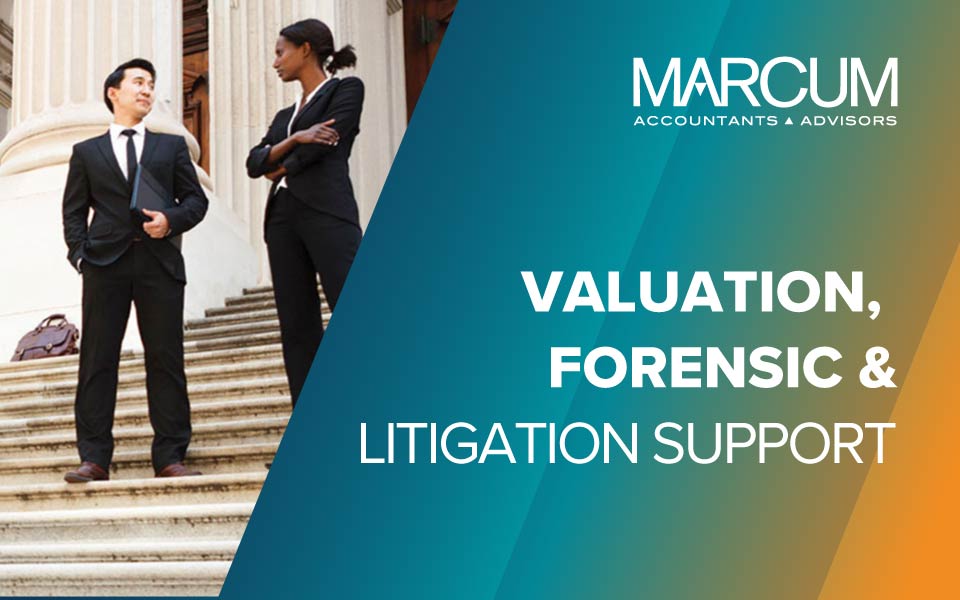Asset Deals vs. Stock Deals for Pass-Through Entities
By Sean R. Saari, Partner, Advisory Services
One of our more popular blog posts focused on asset deal vs. stock deal structure for C Corporation purchases/sales. Considering that more and more businesses are organized and taxed as pass-through entities, I wanted to provide an overview of key deal structure considerations when a transaction involves an S Corporation, LLC or partnership.
If you recall, sellers of C corporations often want to structure the transaction as a stock deal in order to receive personal capital gain tax treatment and pay a single level of tax. Stock deals also allow the seller to pass along any liabilities (both known and unknown) to the buyer. Purchasers of C Corporations, however, prefer structuring acquisitions as asset deals in order to receive a step up in the basis of the acquired assets (particularly intangibles and goodwill) and to shield themselves from legal liabilities that arose from the sellers’ actions prior to the transaction date.
The significant financial gap that must be bridged in negotiating between an asset deal and a stock deal when selling a C Corporation is much smaller (and sometimes almost non-existent) when the selling company is taxed as a pass-through entity. I will continue to use the term “stock” deal throughout this blog – just note that “stock” deals for LLCs and partnership would instead be called member or partnership interest purchases (which is effectively the same as a stock deal, but with a different name because these entities do not have stock). Regardless of whether an asset or stock deal structure is used when selling a pass-through entity, the sellers avoid double-taxation and typically are able to receive capital gain treatment on any intangible/goodwill value. In addition, buyers may also be able to receive a step-up in basis of the acquired assets regardless of the deal structure. How is it that both parties seem to get the best of both worlds? Here is how:
 Asset Deals – Pass-through entities enjoy special tax treatment that allows for only a single level of tax in an asset sale. While a portion of the sale price allocated to current and fixed assets may be taxable at ordinary income tax rates, all intangible value is typically taxed at personal capital gain rates (unless there are built-in gains that were present upon conversion to an S Corporation). This is a far superior tax result compared to the two levels of tax encountered by C Corporation owners, the first of which may be up to 35% at the corporate level, followed by a dividend tax levied on the owners if the remaining proceeds are distributed to them as a dividend. At the same time, the buyer receives a step-up in the basis of the acquired assets, just as in an asset acquisition of a C Corporation.
Asset Deals – Pass-through entities enjoy special tax treatment that allows for only a single level of tax in an asset sale. While a portion of the sale price allocated to current and fixed assets may be taxable at ordinary income tax rates, all intangible value is typically taxed at personal capital gain rates (unless there are built-in gains that were present upon conversion to an S Corporation). This is a far superior tax result compared to the two levels of tax encountered by C Corporation owners, the first of which may be up to 35% at the corporate level, followed by a dividend tax levied on the owners if the remaining proceeds are distributed to them as a dividend. At the same time, the buyer receives a step-up in the basis of the acquired assets, just as in an asset acquisition of a C Corporation.
Stock Deals – Just as in selling the stock of a C Corporation, when pass-through entity investors sell their ownership interests, they will generally pay tax at personal capital gain rates based on the difference between the sales price and their basis in the investment. Rather than the buyer inheriting the tax basis of the acquired assets (“carryover basis”), however, there are two elections that can be made that actually allow for a step-up in the basis of the acquired assets:
- 338(h)(10) Election (for S Corporations) – If this election is made jointly by the buyer and seller in a transaction, it effectively treats the sale of stock as an asset deal for tax purposes (buyer receives a stepped-up basis in the acquired assets and seller receives capital gain treatment on any intangible/goodwill value), while still retaining the characteristics of a stock deal for legal purposes. It should be noted that there are certain requirements that must be met for the transaction to be considered a qualified stock purchase (“QSP”) under Section 338(h)(10).
- 754 Election (for LLCs and Partnership) – If a group of buyers purchase the LLC member interests or partnership interests of an entity, a 754 election can be made to provide the buyers with a step-up in the basis of the acquired assets while still retaining “stock” sale treatment for the LLC members or partners. In the event that a single buyer is making the acquisition of an LLC or partnership, no 754 election is necessary and the buyer still receives a step-up in basis of the acquired assets while the seller retains “stock” sale treatment. Similar to an asset deal, a portion of the sale price allocated to current and fixed assets may be taxable at ordinary income tax rates, while all intangible value is typically taxed at personal capital gain rates.
To summarize, there is a significant amount of flexibility afforded to buyers and sellers in an acquisition when the target company is a pass-through entity. While there are still differences in the proceeds that a seller will receive depending upon whether a transaction is structured as an asset deal or stock deal (as well as what tax elections are made and the tax basis in the various assets of the business), this impact is often significantly less than if the selling company was a C Corporation. This also creates further incentive for C Corporations to consider a C to S conversion (although there are certain holding periods that must be satisfied in order to avoid double-taxation in the event of a sale after the conversion). Given some of the unique and complex tax considerations that can arise in choosing between asset and stock deals for pass-through entities, as well as the related tax elections, it is important to involve your tax advisor in the planning process as early as possible to allow you to make an informed decision as to deal structure.
For more information on the various approaches to valuation or our Valuation and Litigation Advisory Services, contact Sean Saari via email or by calling 440-459-5700.



















